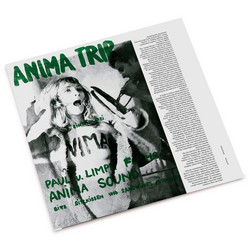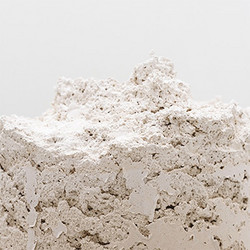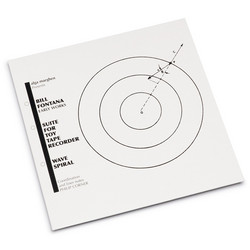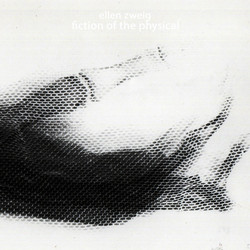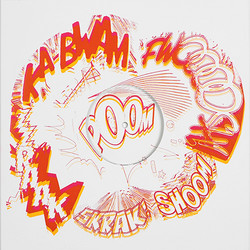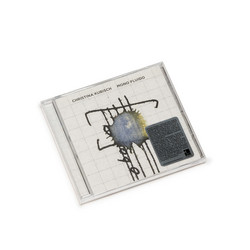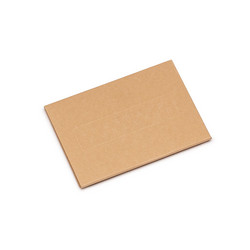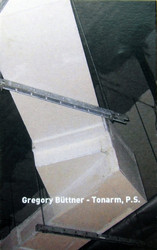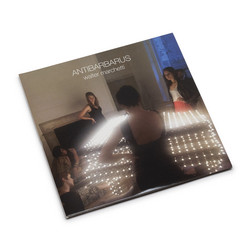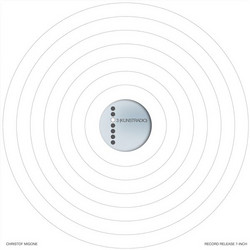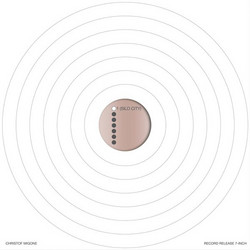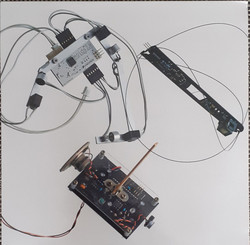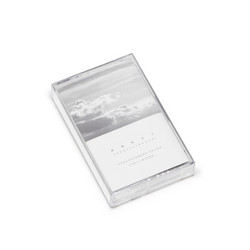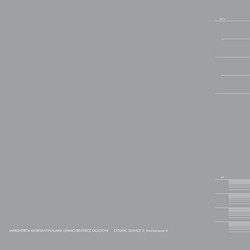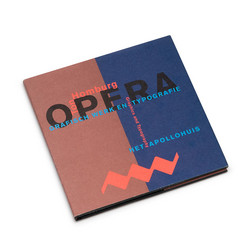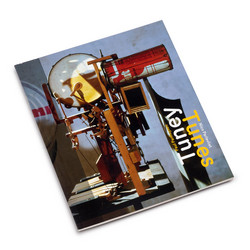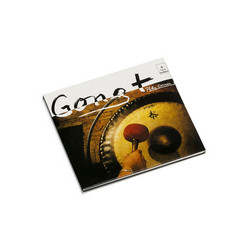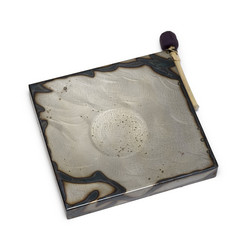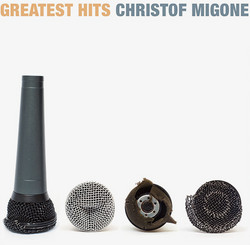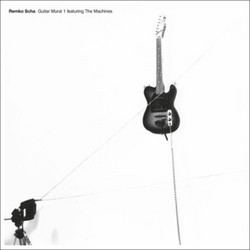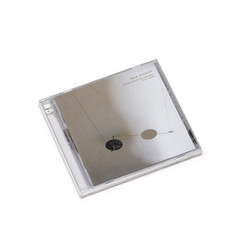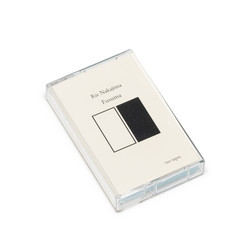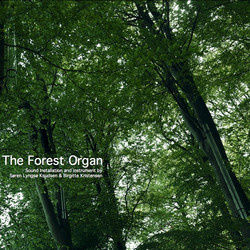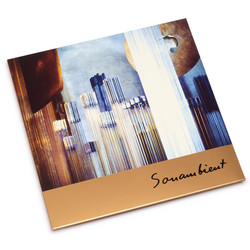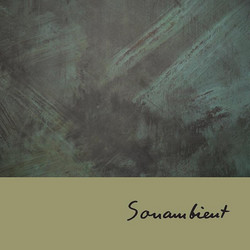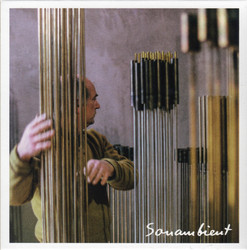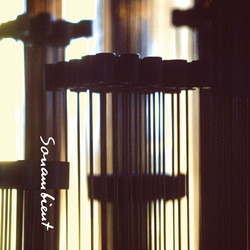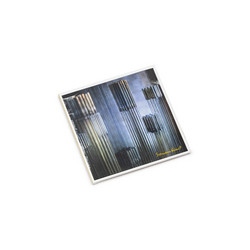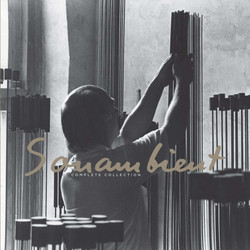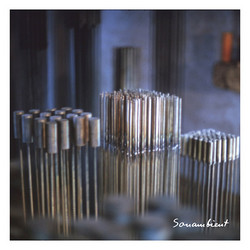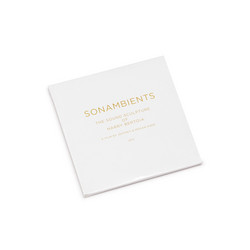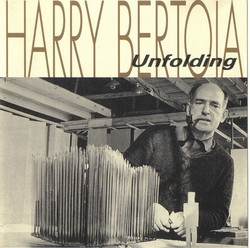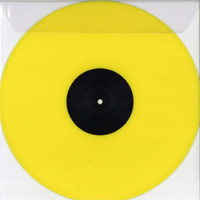CD version. After nearly 40 years of silence, Harry Bertoia's Sonambient label has been resurrected in order to release the best of Bertoia's unheard recordings from his recently preserved archive of 1/4" tapes. "Clear Sounds" b/w "Perfetta" was cut straight from the original reels and is a true analog pressing. These two pieces were selected for their minimal, meditative and lush harmonic qualities; lacking in the abundance of dynamics and contrasts found on the original Sonambient records, these pieces show another approach to performance. Slow washes of shimmering metallic sculpture rustle thickly like the leaves of a white birch or tall grass in the summer sun. Gorgeous harmonics hover overhead, making audible measurements of the length and purity of Bertoia's metal rod sculptures. Both Harry Bertoia and his brother Oreste composed extensively in the Sonambient barn deep in the woods of rural Pennsylvania where Harry kept over 100 Sonambient sculptures and gongs. The first Sonambient LP Bellissima Bellissima Bellissima / Nova, released in 1970, contains a Harry Bertoia composition on side A and an Oreste Bertoia composition on side B. As an homage to the original Sonambient LP, "Clear Sounds" is a Harry Bertoia piece from June 30, 1973 and "Perfetta" is an Oreste Bertoia piece from June 28, 1971. Harry Bertoia first came into artistic prominence in the late 1930s and his sculptural, ergomonic chairs were soon modernist furniture classics. Inspired by the resonant sounds emanating from metals as he worked them and encouraged by his brother Oreste, whose passion was music, Harry restored a fieldstone "Pennsylvania Dutch" barn as the home for this experiment in sounding sculptures which he had begun in the 1950s. Bertoia was an obsessive composer and relentless experimenter, often working late into the night and accumulating hundreds of tapes of his best performances; Oreste, too, would explore and record the sculptures's sounds during his annual visits to his brother's home in rural Pennsylvania. Over nearly twenty years, adding, culling and rearranging, Bertoia carefully selected nearly 100 harmonious pieces ranging in height from under a foot to more than fifteen feet. Learning by experimentation was common for Bertoia and he mastered the art of tape recording, turning the Sonambient barn into a sound studio with four overhead microphones hanging from the rafters in a square formation. He would experiment with overdubbing by performing along to previous recordings, constantly improving his methods while also honing his performance skills.
